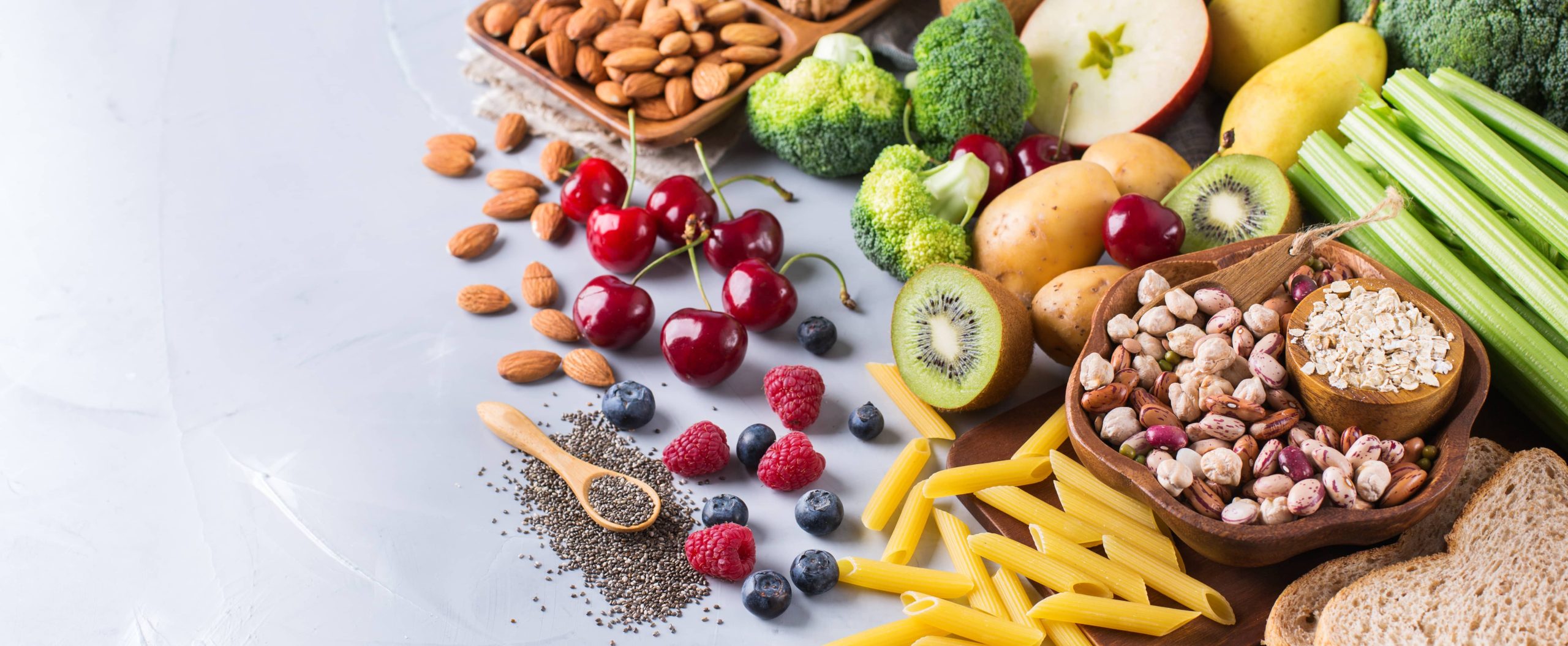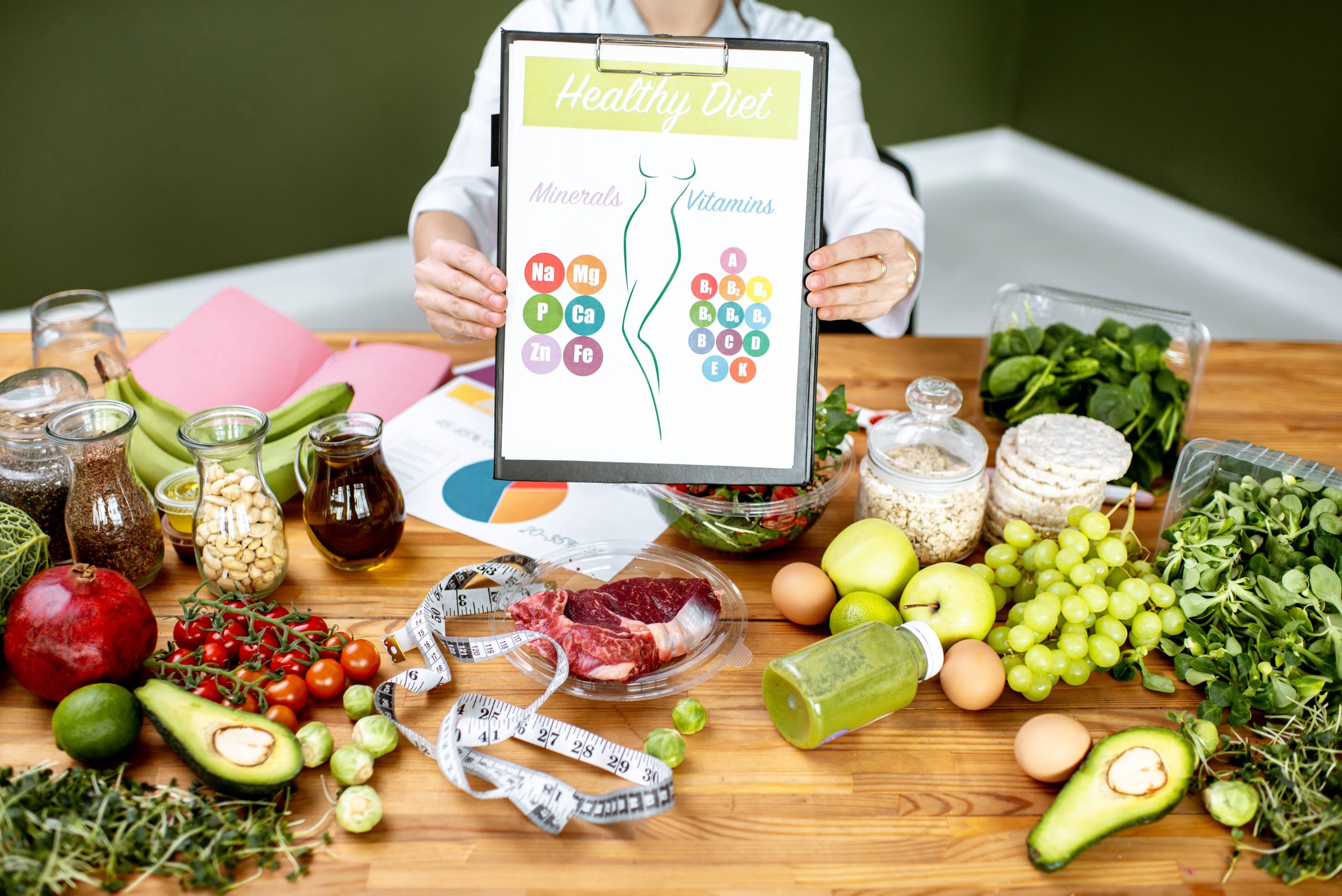
In the quest for optimal health, hydration often takes center stage. While drinking water is the most straightforward way to stay hydrated, many people overlook the power of hydrating foods. These foods not only provide essential nutrients but also contribute significantly to your daily water intake. In this blog post, we’ll explore the concept of “eating your water” and highlight some of the best hydrating foods to incorporate into your diet.
The Importance of Hydration
Before diving into hydrating foods, it’s crucial to understand why hydration is so important. Water is essential for nearly every bodily function, including regulating body temperature, maintaining joint health, and facilitating digestion. Dehydration can lead to a host of issues, such as fatigue, headaches, and impaired cognitive function. Therefore, maintaining adequate hydration is vital for overall well-being.
The Concept of “Eating Your Water”
The idea of “eating your water” revolves around consuming foods with high water content to supplement your fluid intake. This approach not only helps you stay hydrated but also provides additional nutrients and fiber, which are often lacking in plain water. Hydrating foods can be particularly beneficial for those who struggle to drink enough water throughout the day.
Top Hydrating Foods
1. Cucumbers
Cucumbers are composed of about 95% water, making them one of the most hydrating foods available. They are low in calories and rich in vitamins and minerals, including vitamin K, vitamin C, and potassium. Cucumbers are versatile and can be added to salads, sandwiches, or enjoyed on their own as a refreshing snack.
2. Watermelon
As the name suggests, watermelon is packed with water—about 92% of its weight is water. This juicy fruit is also a good source of vitamins A and C, as well as antioxidants like lycopene. Watermelon is perfect for hot summer days and can be eaten fresh, blended into smoothies, or even grilled for a unique twist.
3. Strawberries
Strawberries are not only delicious but also hydrating, with a water content of around 91%. They are rich in vitamin C, manganese, and antioxidants, which can help reduce inflammation and support heart health. Enjoy strawberries on their own, in a fruit salad, or as a topping for yogurt or cereal.
4. Lettuce
Lettuce, particularly iceberg lettuce, is another excellent hydrating food, containing about 95% water. While it may not be as nutrient-dense as other leafy greens, it still provides fiber and essential vitamins. Use lettuce as a base for salads or as a crunchy addition to sandwiches and wraps.
5. Celery
Celery is composed of about 95% water and is a great low-calorie snack. It is also a good source of fiber, vitamin K, and potassium. Celery can be enjoyed raw with dips, added to salads, or used as a base for soups and stews.
6. Oranges
Oranges are not only hydrating, with a water content of about 86%, but they are also packed with vitamin C, fiber, and antioxidants. These nutrients can boost your immune system and improve skin health. Enjoy oranges as a snack, in fruit salads, or as freshly squeezed juice.
7. Zucchini
Zucchini is another hydrating vegetable, containing about 94% water. It is low in calories and provides vitamins A and C, as well as potassium. Zucchini can be spiralized into noodles, grilled, or added to stir-fries and casseroles.
8. Tomatoes
Tomatoes are composed of about 94% water and are a great source of vitamins A and C, potassium, and the antioxidant lycopene. They can be eaten raw in salads, cooked in sauces, or roasted for a rich flavor.
Benefits of Hydrating Foods
Incorporating hydrating foods into your diet offers several benefits beyond hydration:
1. Nutrient Intake: Hydrating foods are often rich in vitamins, minerals, and antioxidants, which support overall health and well-being.
2. Weight Management: Foods with high water content are typically low in calories, making them ideal for those looking to manage their weight.
3. Improved Digestion: The fiber in many hydrating foods aids digestion and promotes regular bowel movements.
4. Enhanced Skin Health: Proper hydration can improve skin elasticity and reduce the appearance of fine lines and wrinkles.
5. Increased Energy Levels: Staying hydrated helps maintain energy levels and can improve physical performance.
Tips for Incorporating Hydrating Foods
– Start Your Day with Fruit: Begin your morning with a hydrating fruit salad or smoothie to kickstart your hydration.
– Snack Smart: Keep hydrating snacks like cucumber slices, celery sticks, or watermelon chunks on hand for a quick and healthy snack.
– Add Veggies to Every Meal: Incorporate hydrating vegetables like lettuce, zucchini, and tomatoes into your meals for added moisture and nutrients.
– Experiment with Recipes: Try new recipes that feature hydrating foods, such as chilled soups, fruit-infused water, or vegetable-based dishes.
Conclusion
Hydration is a key component of a healthy lifestyle, and “eating your water” is an effective way to ensure you meet your daily fluid needs. By incorporating hydrating foods like cucumbers, watermelon, and strawberries into your diet, you can enjoy the benefits of improved hydration, enhanced nutrient intake, and better overall health. So, next time you’re planning your meals, remember to include these water-rich foods for optimal hydration.











